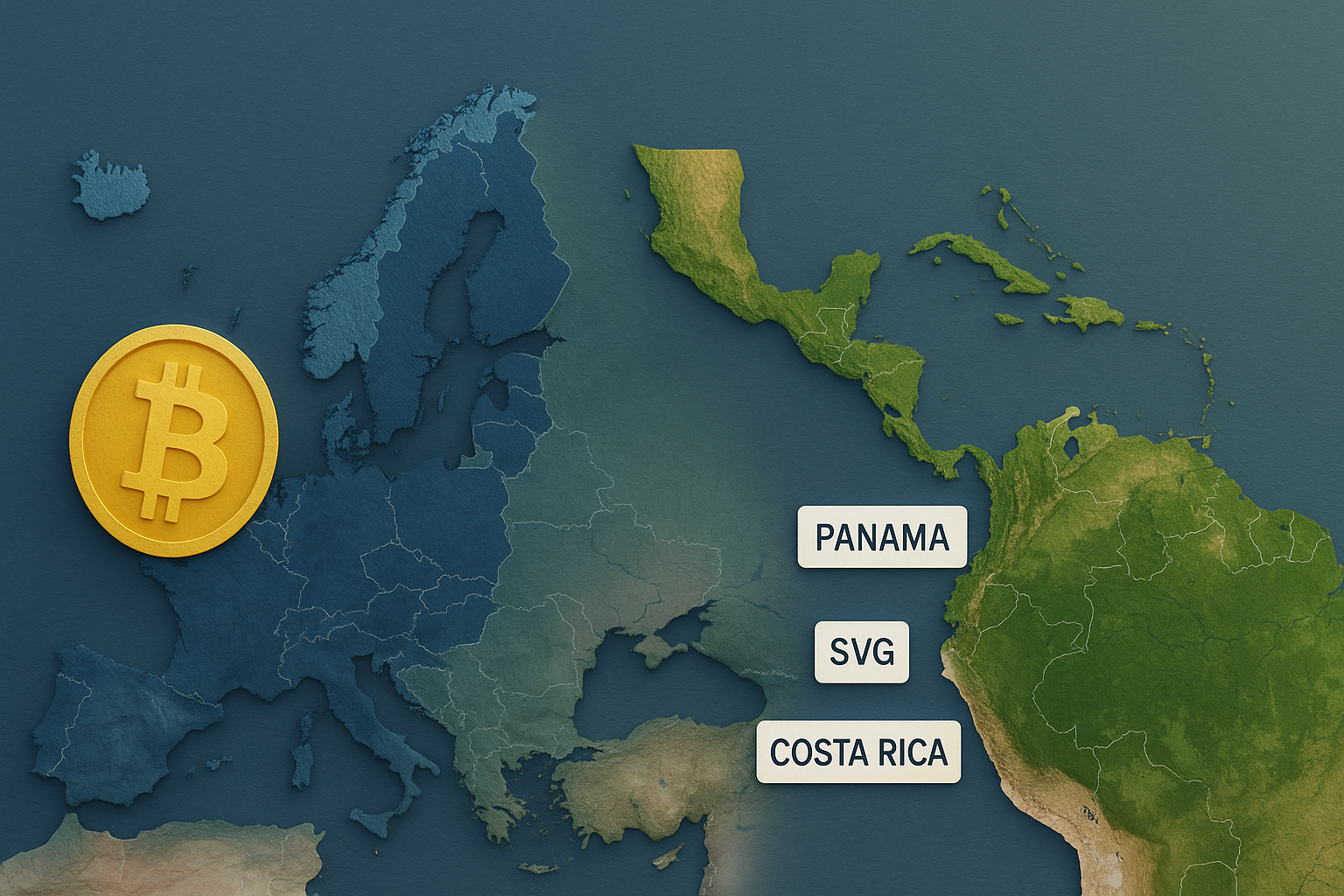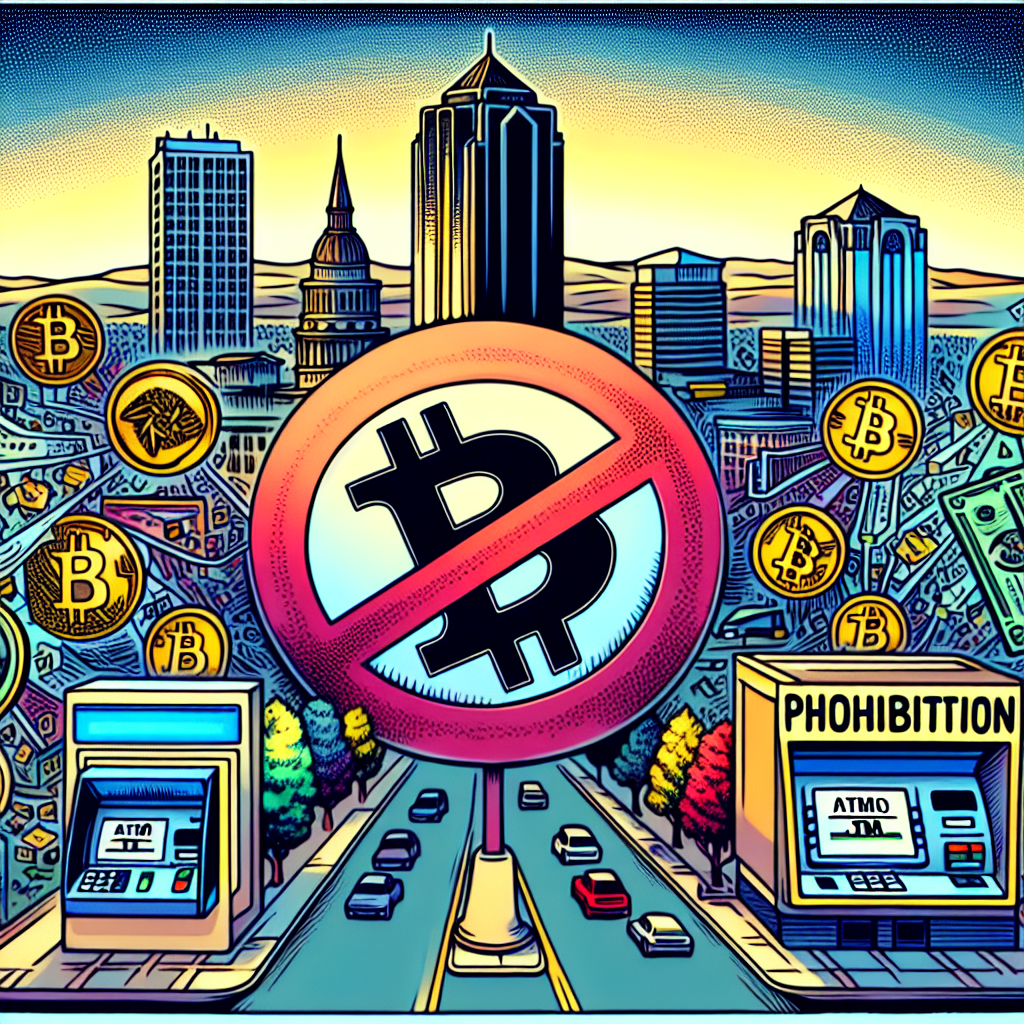Ripple's Chief Technical Officer, David Schwartz, has raised concerns about the increasing tendency of governments to influence business operations indirectly. Schwartz suggests that this indirect regulation method is leading to a wide range of crypto-related challenges.
Ripple CTO’s Concerns Over Indirect Governmental Influence
In a recent revelation, David Schwartz, Chief Technical Officer (CTO) at Ripple, expressed his apprehensions about the growing trend of governments using indirect methods to affect the operations of businesses, particularly in the cryptocurrency sector. Schwartz underscored that these indirect methods of regulation are causing a plethora of challenges in the crypto arena.
Governmental Involvement in Business Operations
Official entities have always been involved in controlling business operations to some extent, with decisions typically aimed at regulating business practices and ensuring fair competition. However, there has been a notable shift in recent years towards indirect regulation. This form of governance involves influencing decisions of key players in the business sector to shape the market indirectly.
Implications on the Crypto Industry
The crypto industry is no exception to this trend. According to Schwartz, indirect regulation has become increasingly prominent, leading to significant hurdles for cryptocurrency businesses. This approach often results in bigger parties influencing the market, creating an uneven playing field and causing difficulties for other market participants.
The Ripple CTO also pointed out that the lack of clear regulation in the crypto sphere is a massive challenge. This lack of clarity allows room for manipulation by larger entities, ultimately leading to a market that’s less fair and less predictable.
Regulatory Challenges in the Crypto Sphere
Schwartz highlighted that the current regulatory environment is fraught with difficulties. In the United States, for example, different federal agencies categorize cryptocurrencies differently, leading to confusion and complexity around the legal status of crypto assets.
This regulatory confusion makes it challenging for businesses to operate in the crypto space or to fully understand the implications of their actions. Consequently, this might stifle innovation and prevent the crypto industry from reaching its full potential.
Implications of Indirect Regulation
The CTO’s criticism of indirect regulation indicates a growing concern in the cryptocurrency community. Many experts have also voiced their concerns about the consequences of indirect regulation, warning that it could result in a less open and competitive crypto environment.
However, Schwartz also noted that indirect regulation is not universally negative; it can be justified when used judiciously and when clear and fair rules govern its application. But its use must be balanced and non-pervasive, to ensure that it does not encroach upon the innovative spirit of the crypto realm.
Forging the Path Ahead
The question of how best to regulate the cryptocurrency industry is still one of the most important and contested issues of this nascent space. There’s a delicate balance to be maintained between providing the necessary oversight to protect investors, and allowing room for innovation and growth.
With concerns like those voiced by Schwartz, the conversation around crypto regulation continues to evolve. What is clear is that a balanced and fair approach to regulation is needed, and that any future legislation should aim to ensure a level playing field for all participants in the crypto market.






